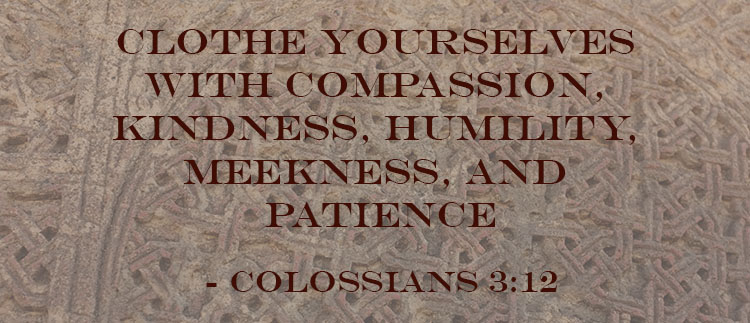One of the characters of Bill Watterson’s comic strip “Calvin and Hobbes” is a stuffed tiger named Hobbes. Hobbes takes on lifelike proportions when he is alone with a six-year-old Calvin. In one of the stories Hobbes asks Calvin what he is doing for his New Year’s resolution. Calvin responds that he did not make any and explains: See, in order to improve oneself, one must have some idea of what’s “good.” That implies certain values. But as we all know, values are relative. Six year old Calvin goes on to explain that he refuses to be victimized by others’ standards of what is good and noble and that he will not be following others’ concept of what is virtuous and right. Calvin represents our shallow, relativistic values.
Every now and then we hear about the next New York Times bestseller book promising to reveal to us the secrets of investing, getting rich, living a healthy lifestyle through some new diet or exercise method or perhaps enriching our lives by helping us with personal growth, teaching us how to be more productive and creative, communicate more effectively and make better decisions. When it comes to living a better, healthy and prosperous life there is an abundance of great information to guide and help us. What about our spiritual life? What about the fact that we are also spiritual creatures? Who is our guide and what is the source of empowerment and nourishment for our faith?
Like Calvin, many people today in society believe that we should be left to ourselves to create our own moral values from a smorgasbord of equally valid choices. We often believe that our inner moral compass is sufficient to guide our lives and decisions. We sometimes assume that if we do no harm to anyone, go to church x amount of times, follow the inner voice showing us what is the right and moral thing to do we are all set. That for us constitutes Christian and God pleasing way to live a life.
While all of it is correct, simply doing no harm and following our moral compass by itself is neither faith nor Christian way of living. One of the Bible readings for today is from St. Paul’s epistle to Colossians where he makes it clear that there are clear objective standards that Christians are expected to meet. “Clothe yourselves with compassion, kindness, humility, meekness, and patience” (Colossians 3:12), “ “above all, clothe yourselves with love, which binds everything together in perfect harmony” (Colossians 3:14), writes St. Paul. These are the values and realities we are called to experience and incorporate into our spirituality. Through this simple yet powerful list of virtues not only we feel closer and more connected with God but also with the world around us. Through compassion, kindness, humility, meekness, patience and love not only we heal the world but also our souls, make our lives whole, feel more human, see our lives transformed and suddenly filled with meaning and purpose.
As we sadly see and experience during these times filled with uncertainty and anxiety brought by the pandemic, everything we strived for, everything we built and achieved, everything that was giving our lives a sense of safety and security fades away and evaporates in front of our eyes. Today, more than ever we need to experience, to give and receive more compassion and kindness, more patience and love. There is no force in the visible and invisible world around us that can overtake and overpower simple human compassion, there is no storm that can damage a life based on kindness, there is no disease and no pandemic that patience and love towards each other and God can not heal.


